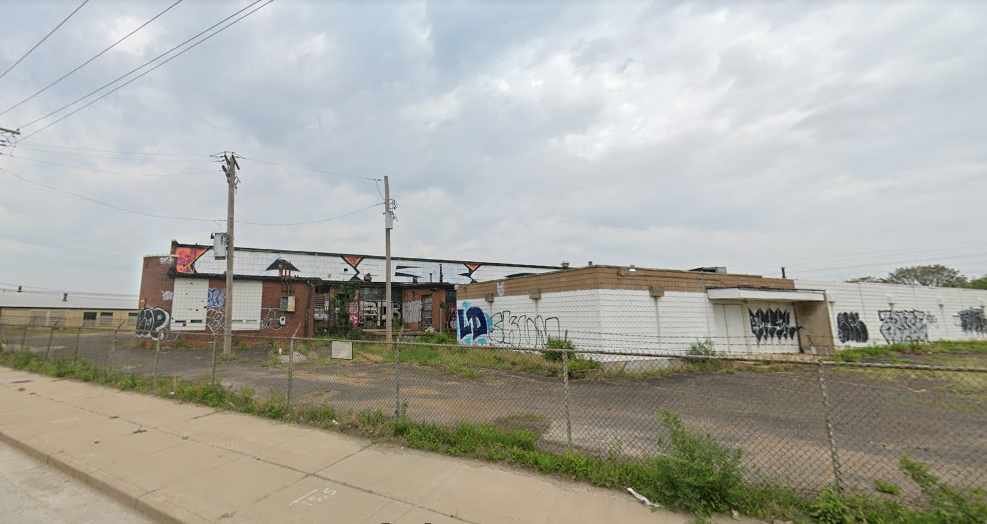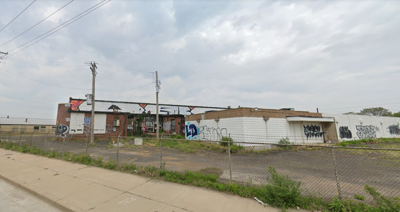ST. LOUIS — A city development board Tuesday advanced a development incentive over the objections of the ward’s alderman, a rare move in a city whose bureaucracy often waits for the green light from an area’s alderman.
Green Street St. Louis was seeking a sales tax exemption on construction materials for its $73 million plan to build a 268-unit apartment building at 4591 McRee Avenue. It says it can close on financing this month and start construction. But it’s run into opposition from the area’s alderman, Tina Pihl, who says the project has changed considerably since it was initially pitched pre-pandemic.
In , the LCRA approved a sales tax exemption for the property, though at the time Green Street planned retail and entertainment uses with a much lower development cost of $21 million. A few months later, the Board of Aldermen approved 10 years of 90% property tax abatement for the site based on those early plans.
People are also reading…
But that was when the ward was represented by Joe Roddy, who did not run for reelection in 2021. Pihl has taken a much more critical stance on development incentives, pushing other developers that need her support for zoning or incentives to contribute to affordable housing.
Last month, Alderman Pihl asked St. Louis Development Corp. staff to hold up a measure allowing the sales tax exemption on the larger project. The St. Louis Land Clearance for Redevelopment Authority, which vets development incentives, then pulled the measure from its agenda. At the time, an SLDC spokeswoman said it was “appropriate” for Pihl to “inform constituents of the substantial changes and garner their support prior to LCRA taking it to their board.”
Green Street has declined to comment on the matter. But soon after it was pulled from the agenda, the developer hired prominent City Hall lobbyist David Sweeney to represent it.
The measure was back on the agenda Tuesday, despite Pihl’s continued objections. The LCRA measure on Tuesday’s agenda doesn’t require aldermanic approval.
“There has not been a community review, this should go back up to the board of alders,” Pihl said before the meeting. “I’ve requested a couple more times that it is pulled from the agenda due to the fact that this is a substantial change.”
At Tuesday’s hearing, Pihl spoke and urged the LCRA board to hold off on a vote on the project.
But SLDC Director Neal Richardson pointed to the Forest Park Southeast neighborhood’s form-based code, adopted by the city in 2018. Residents spent years developing a plan to guide development in the neighborhood, and the industrial area south of the railroad tracks along McRee Avenue was considered “not part of the neighborhood,” according to the plan. Richardson added that the plan called for residential in the area.
Richardson said Green Street has agreed to either make a contribution to the city’s affordable housing trust fund or commit in its development agreement to set aside 10% of the building’s units with rents deemed affordable to someone making 80% of the area median income.
“There was some community engagement on this,” Richardson said. “We are open to having future discussions and we have had meaningful discussions with Green Street on the need for affordable housing.”
Green Street’s post-pandemic pivot to apartments also got some public review when the St. Louis Planning Commission in December 2020 recommended rezoning for the site to accommodate a 260-unit apartment structure. The Board of Aldermen, in a bill carried by Roddy, ultimately approved the rezoning to accommodate the project.
LCRA board member Matt McBride noted that the larger investment would result in more tax revenue, even with an abatement, for the school district. And board member Sean Spencer said the McRee Avenue area finally has some life after Green Street began working there, recently finishing a project that now houses the popular Bar K dog park concept and its new headquarters, formerly located in Clayton.
“The density adds disposable income not only in the Grove but surrounding neighborhoods,” Spencer said. “We’re getting four times the original amount of investment.”
But Kennard Jones, the board’s third member, said LCRA has always deferred to the alderman representing the area where a project is located. He said Pihl was only asking them to slow down the project.
“I think that ought to have some weight,” Jones said.
The board approved the measure 2-1, a rare split vote for the board. Jones voted no.
Updated at 5:50 p.m. Tuesday, June 28.



















